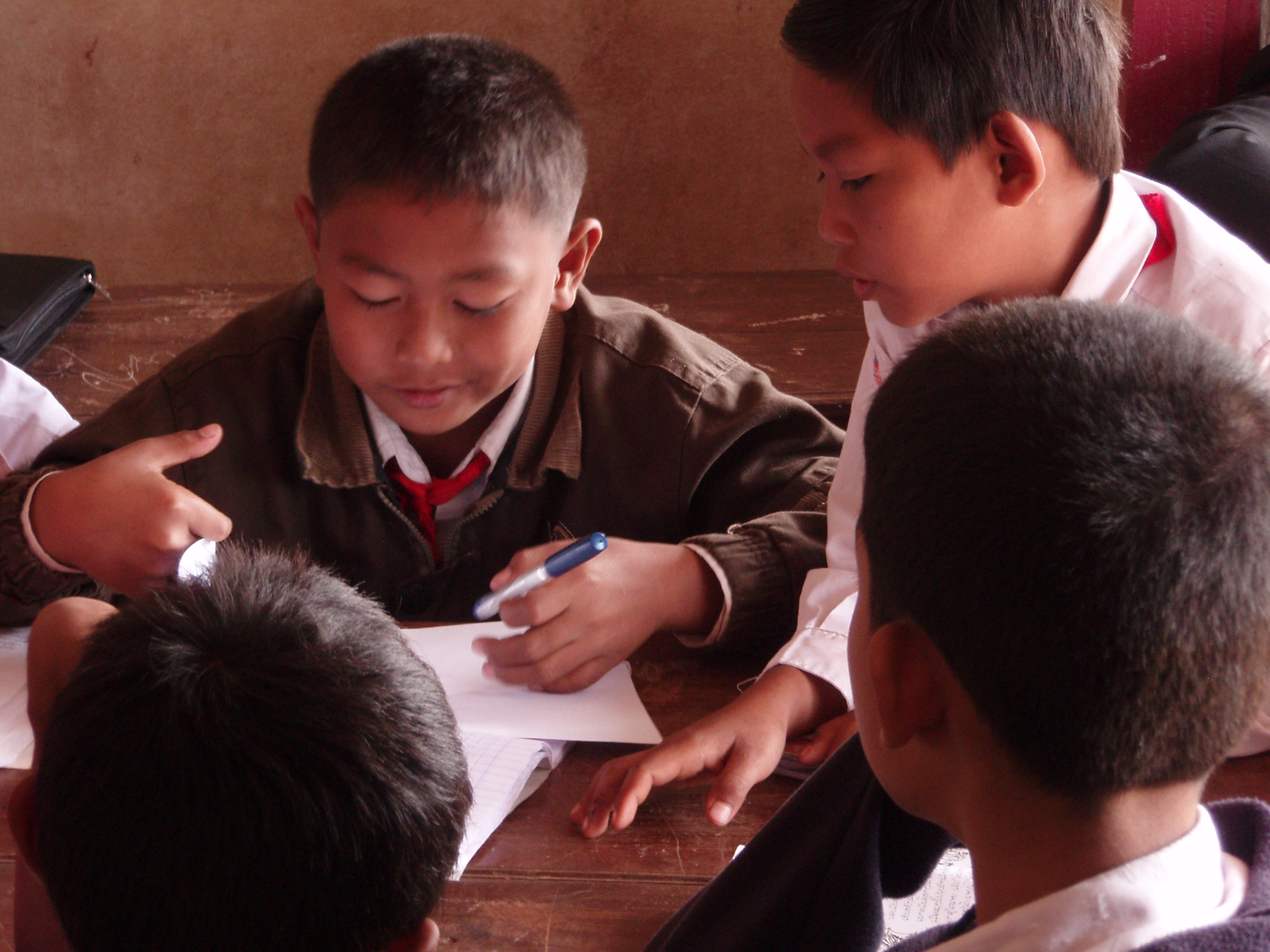Parenting ADHD adolescents
- Understanding ADHD
- Managing ADHD Behavior
- Lifestyle and ADHD: Solutions and Strategies
- Building a Positive Environment Around Your ADHD Child
Understanding ADHD
The Highs and Lows of ADHD

Neurodevelopmental disorder.
Attention Deficit Hyperactivity Disorder (ADHD) is a neurodevelopmental disorder that affects both children and adults. It is characterized by persistent patterns of inattention, impulsivity, and hyperactivity. While these symptoms can pose significant challenges, individuals with ADHD also possess unique strengths and abilities. This article will explore both the highs and lows of living with ADHD.
The Challenges of ADHD
ADHD can make everyday tasks and routines more difficult. Individuals with ADHD often struggle with time management, organization, and focus. They may have trouble completing tasks, following instructions, or maintaining attention on one thing for extended periods. This can lead to difficulties at school or work, and can also impact relationships.
Impulsivity, another common symptom of ADHD, can lead to risky behaviors, poor decision-making, and difficulties with social interactions. Individuals with ADHD may act without thinking, which can lead to accidents or misunderstandings. They may also struggle with emotional regulation, experiencing intense emotions that can be difficult to manage.
The Strengths of Individuals with ADHD
Despite these challenges, individuals with ADHD also possess unique strengths and abilities. They are often highly creative, with a knack for thinking outside the box. This creativity can lead to innovative solutions and ideas that others may not consider.
Individuals with ADHD are often energetic and enthusiastic. They can bring a lot of passion and excitement to their interests and hobbies. This energy can be contagious, inspiring others around them.
Many people with ADHD are also highly empathetic. They can be very in tune with the emotions of others, which can make them great friends, partners, and family members. Their ability to deeply understand and connect with others can be a great strength.
The Impact of ADHD on Daily Life and Relationships
ADHD can have a significant impact on daily life and relationships. The challenges associated with ADHD can lead to stress, frustration, and feelings of being overwhelmed. However, with the right strategies and supports, individuals with ADHD can manage these challenges and lead fulfilling lives.
ADHD can also impact relationships. The impulsivity and hyperactivity associated with ADHD can sometimes lead to misunderstandings or conflicts. However, with understanding and communication, these challenges can be navigated successfully.
The Emotional Toll of ADHD
Living with ADHD can take an emotional toll. Individuals with ADHD may struggle with feelings of frustration, inadequacy, or being misunderstood. They may also experience co-occurring mental health conditions, such as anxiety or depression. It's important for individuals with ADHD and their loved ones to seek support and treatment if needed.
In conclusion, while ADHD presents its own set of challenges, it also comes with unique strengths. Understanding both the highs and lows of ADHD can help individuals and their loved ones better navigate life with this neurodevelopmental disorder.